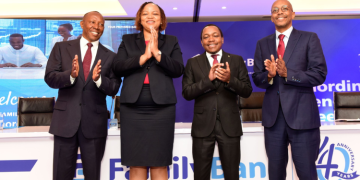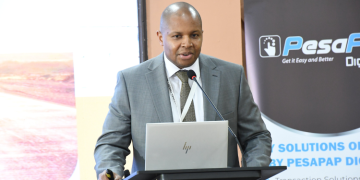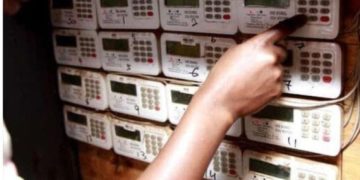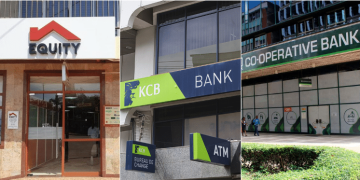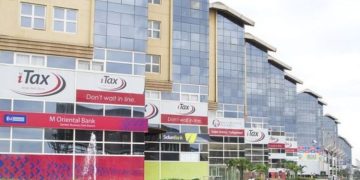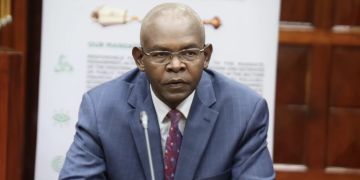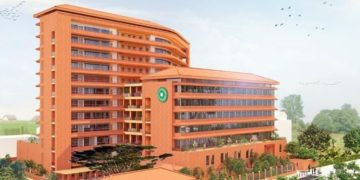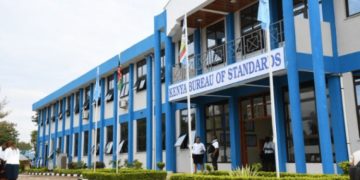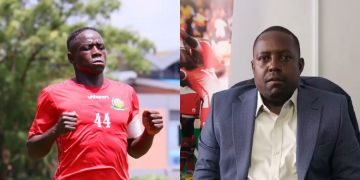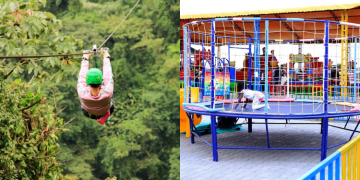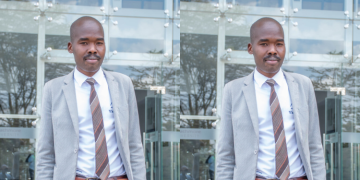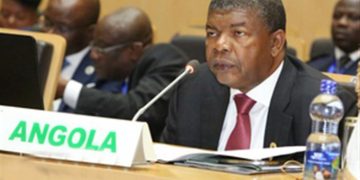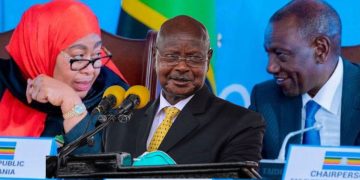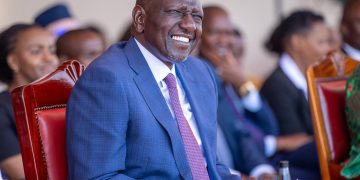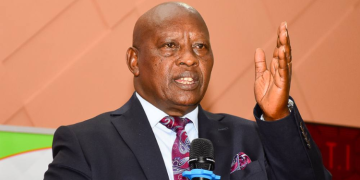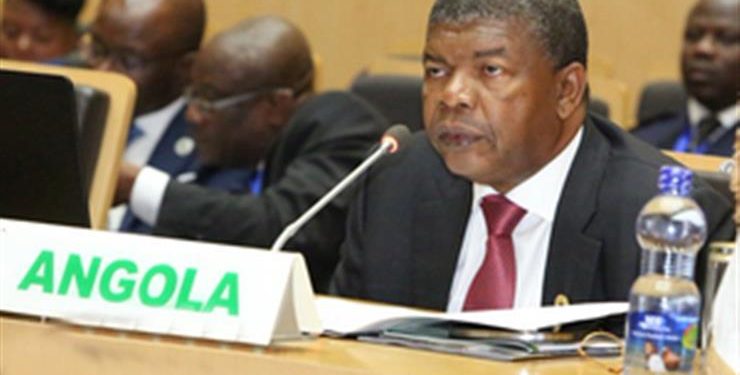Women’s education in Angola has improved meaningfully in recent decades, but gender disparities still persist, particularly in higher education and literacy, which should be addressed. Primary school enrollment has increased, but women still have fewer years of schooling on average than men, and the adult female literacy rate is considerably lower. Challenges include cultural norms, early marriage, and a lack of support for women in STEM fields.
The 2024 World Bank report states that the Angolan Ministry of Education has expanded the second-chance education program within the framework of the World Bank-supported Girls Empowerment and Learning for All Project to fight illiteracy among women.
This expansion provides out-of-school girls and boys aged 15 and older with a great chance to complete their education and gain valuable life skills, and to actively contribute to the upgradation of the society.
The World Bank has provided $250 million to “empower Angolan girls and tackle learning poverty”, including support to out‑of‑school.
In addition, the government’s “PAT‑2” program, launched in 2022, aims to be significantly more than 6 million students and has a specific focus on girls, including physical & reproductive health education, provision of scholarships for the girls, and sanitation in schools.
Also Read: Why Africa Must Confront the Double Disadvantage of Girls with Disabilities in Education
Primary education is free in nearly every African country, including Angola. This has led to a drastic increase in the number of children enrolled in school, with Angola among the countries with the highest improvement rates.
One of the strategies for improving the girls’ education in Angola is to make effective improvements through the efforts to address gender issues in the classroom.
This has also been achieved by reaching out to those in authority and influence over families who support eliminating barriers to women’s rights.
Situation in Angola
According to UNESCO (2024), over 19.3 million adolescent girls of upper secondary school age are out of school in Sub-Saharan Africa, and for those who do reach upper secondary school, studying Science, Technology, Engineering, and Mathematics (STEM), particularly in technical education, is unlikely.
In Angola, attending school is still a challenge for many children. According to the National Institute of Statistics, in 2022, the dropout rate in primary education reached 11.6% among children enrolled at the beginning of the academic year. The gap between urban and rural areas is even more severe for girls who lack adequate infrastructure to manage their menstrual hygiene.
Also Read: State of Women in Higher Education in Tanzania
According to data from the United Nations World Food Program (WFP), the worst drought in southern Africa in over 40 years is the main cause of food insecurity affecting around 2.2 million people in Angola. Many of the water access points once used in the drought-affected region are now dry. This means that women and girls have been walking long and dangerous journeys to find water for their families.
The Way Forward
Angola needs to expand and improve infrastructure in rural and underserved areas and establish more schools, especially for girls.
Authorities should address socio‑cultural norms to reduce early marriage, teenage pregnancy, domestic burdens on girls, and community and parental engagement.
It’s important to support second‑chance education and adult literacy for women who missed schooling earlier in life. Girls in STEM and higher education may be further encouraged, including scholarships, mentorship, role models, and safe, inclusive environments.
The monitoring system and improvement in the quality of learning need to be further strengthened. This may be significant to further strengthen links between education and economic opportunity to ensure that education leads to meaningful employment or entrepreneurship for women.
Follow our WhatsApp Channel and X Account for real-time news updates

![Govt Moves To Allay Fears Over 1.1 Million Grade 9 Learners Placement Crisis Bitok Releases All 2026 Academic Term Dates [Full List]]( https://thekenyatimescdn-ese7d3e7ghdnbfa9.z01.azurefd.net/prodimages/uploads/2025/09/ps-bitok-cs-ogamba-360x180.png)
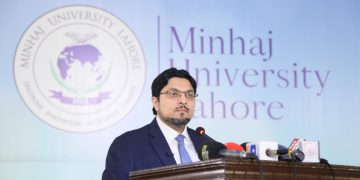
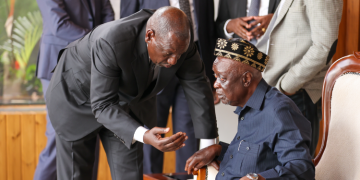
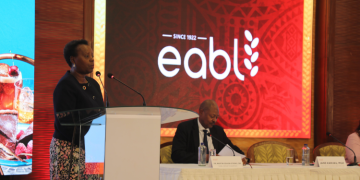
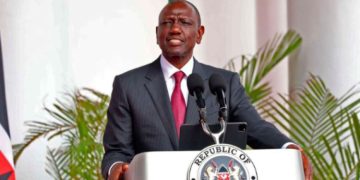
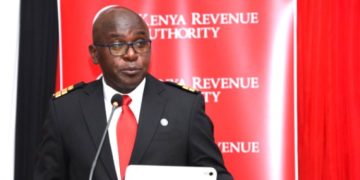
![Ruto Announces Establishment Of New Fund To Raise Ksh 1.5 Trillion President Ruto Address During Mashujaa Day And How He Honored Raila [Full Text Speech]](https://thekenyatimescdn-ese7d3e7ghdnbfa9.z01.azurefd.net/prodimages/uploads/2025/10/ruto-mashujaa-address-360x180.jpg)








